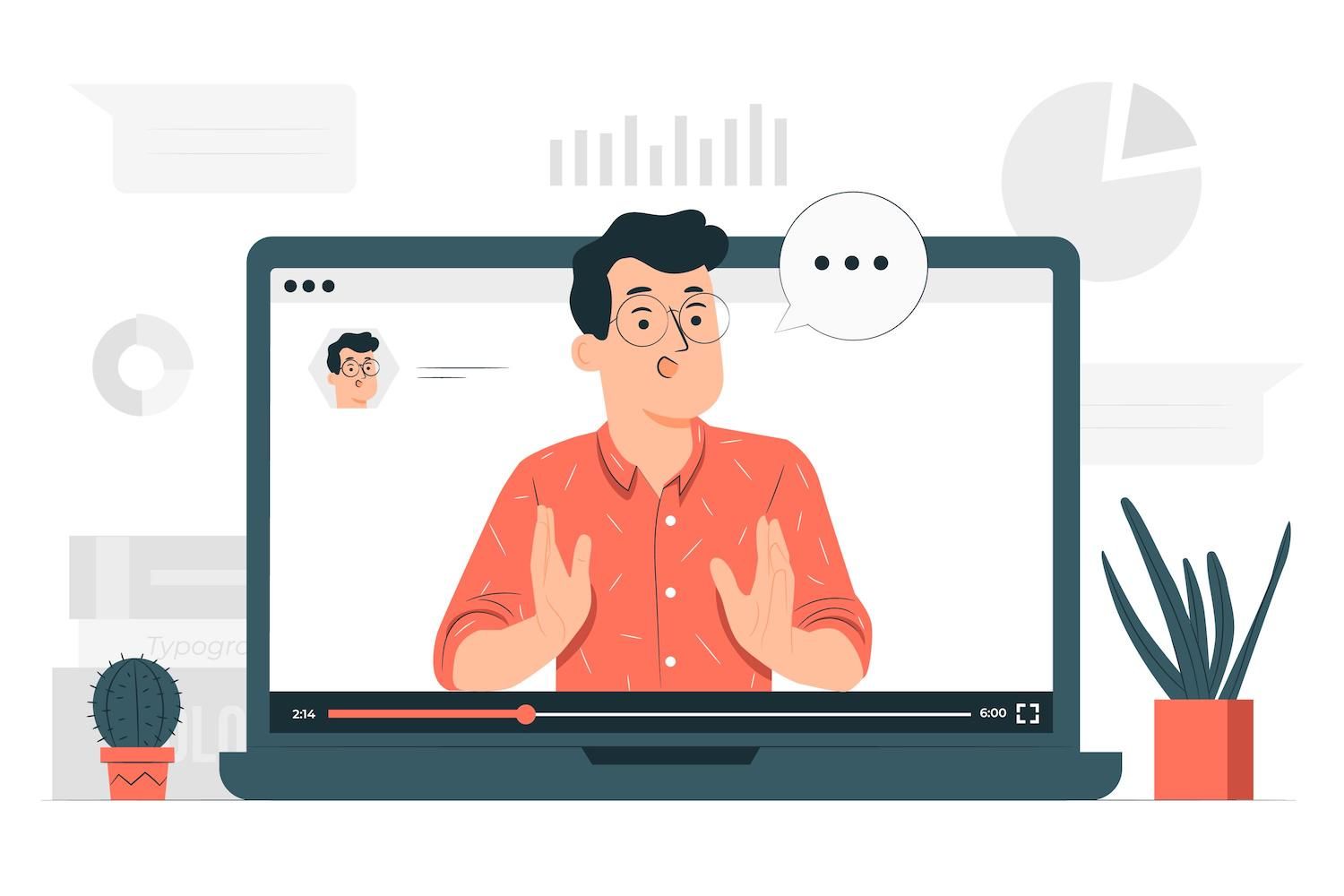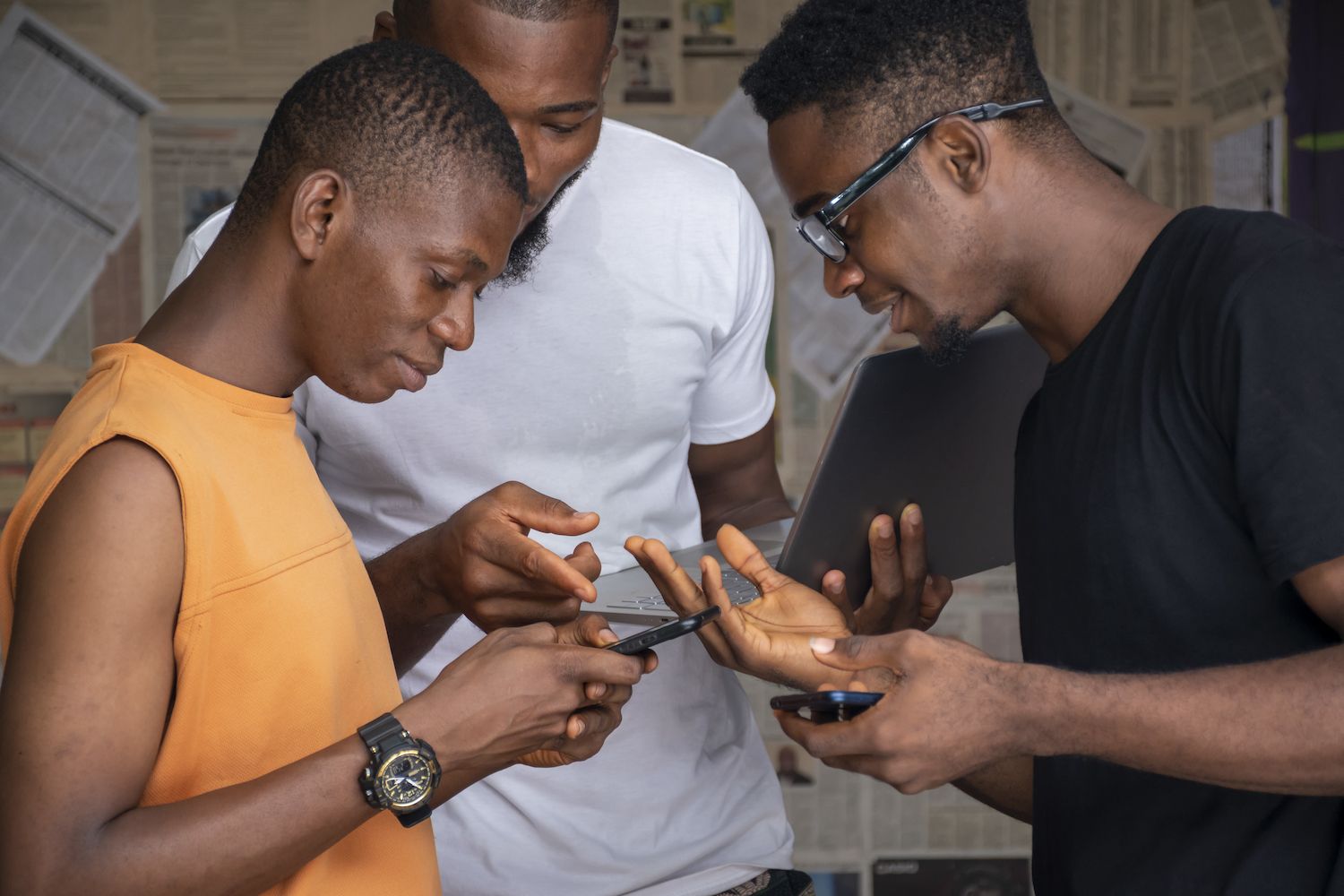Terms

"JoClub refers to the Journaling Club, but also makes sense by my name." Jo Franco begins. "When I began writing, I knew I had these big feelings and I had siblings older than me who didn't want to hear it. So I would write."
"I lived in a state of denial, in hiding, speaking Portuguese and trying to learn English by tripping across," she recalled. "I learned a bunch of other languages because I was obsessed with being understood. At the same time, I felt misunderstood because I was one of the few kids. My appearance was different from everyone around me. I was the youngest kid so I had this quiet voice, and a quiet personality.
"Of course I'm not able to see in the future this is what happened however, in the moment I was in a state of agony of wondering 'Why do I feel misunderstood And how we all go through the same thing."
Fortunately, Jo had the tool of journaling: "I had a more empathetic relationship with myself of just observing without judgment. I wrote about all this negative things, yet I'm aware that good things were happening within my own life. I started to tweak not only what I wrote, but weirdly reverse engineering how I see things because I was looking for positive stories. I had to look for positive things to have positive experiences to write about. I began to be a more optimistic person. It helped me become more optimistic."
Understanding the context
While attending the college located in Manhattan, Jo was overwhelmed by the sheer volume of voices she was competing with. However, she was able to find a space within her journals. "It did not matter if I resided in the States or in Europe, I always used this journal to allow me to go back to me.

"My "why" is to give people that same confidence of 'You got you, no matter how ugly the circumstances can be. Not only will you be able to support yourself emotionally, but it's also beautiful to write down your journey - because in documenting it, it's a little act of appreciation that it actually happened to begin with. You'll always fit in your own skin and in your own head."
"There's science that backs this," she says. "There were studies conducted on writing to aid in therapy. People who record their gratitude are more content."
"Give your mind the alleviation. Let the weight go from your head and put it on the page. When you write about bad events, you allow your self a buffer, allowing you to process it with the least emotional response. The emotions can make us insane. They're at the heart of everything; at the source of self-confidence, at the source of charisma, and that is the reason for walking into a room and being able to draw good fortune."
"Maybe this is a membership"
Jo was certainly a lot of goodness in the year 2020. Thanks to her YouTube channel that had over a million subscribers, she was getting paid to travel. "I was living this exciting, private life but behind the scenes, I wrote. That was my essence: what was really me was writing."
In January of 2020 she was offered an Netflix job as the host for The World's Most Amazing Vacation Rentals. "It was a step off of YouTube to a more traditional broadcasting. If you've ever been on a production set, they know these hours are very long. It's 16 hours and lots of 'hurry up and then wait'. It's time to get ready with your makeup, hairstyle, everything's done. Your lines are to draw in your mind, and then they're like, "No I'm not kidding you're supposed to take a pause'!"

Between those pauses often lasting for long periods, Jo would write. "Writing was a passion for me and I wanted to turn it into a business." As covid became popular and the show ended, her main source of income dwindled.
"I was nervous, just as was everyone other. I began sharing pictures of my journal entries. Then, 100 days later, I began sharing my journal with the world on Instagram Stories. I thought, "Hey it could be an opportunity to join a club' users would want to join inside a virtual space alongside me, and write together. This was the way JoClub got started. This was about 4 years ago. Which is crazy!"
In this Netflix series, Jo realized that journaling was a lens through which she was able to see the world. "It was more than an interest. When you travel every two days, it's hard to not be tired. You find yourself doing something completely unrelated with the work you're paid for.

"You realise, this is the way I see the world. This is how I think of this world. This is my life. It became clear for me to put aside everything else, the one thing that I cannot let go from me is writing. It was crucial for me to bake that into my next chapter in my professional life."
Creating something bigger than herself
Jo put herself into the project. "I had to upload three videos a week, in three languages. I was required to employ people, fire people. I learned what it was to build a machine for content."
But something needed to change. "I didn't want to always be working. If you're tired or burnt out, as is the norm for creators it's unlikely that you'll succeed in making money. I've realized that if I want to pursue a career that I'm gonna keep for decades to come I'll need to figure out ways to keep my eyes from opportunities to earn money."
Jo decided to make something bigger than herself. The journaling club started at the beginning of Zoom: "The membership started at $19 a month and the benefit was one monthly live phone call and I'd also send daily journal prompts for everyone's mailbox."

She envisioned a curatorial experience that was similar to a yoga class. There were two prompts, then a discussion, then another prompt, and finally breakout rooms. "It turned into IP (intellectual property)," she recalls. "After six months, I began asking myself: can I educate facilitators to run these sessions? Actually, could these facilitators benefit JoClub in ways I have never had the chance to? They was looking to "extract the good" as well as work with facilitators, who were once members of JoClub, to design the art journaling form and a "bring your own song' for budding musicians, and the like.
"Now we're hosting six or more sessions every month and I host any number I like," she continues. "Beautiful aspects that I would never imagine happening began to happen in my retreats. I ran a pilot program at the university, and now we're working on different issues. It wouldn't have been possible to do it if I kept it in Jo Franco's circle with me at the top."
Cultural and social cohesion
"An intriguing aspect of the membership model is that it creates a culture," she says. "If someone is paying for a membership and they're entering your home, which means you're able to design your home according to your preferences." Jo and her team have been looking for ways to build more lively threads so "people have conversations in community spaces, so people feel they're receiving their money's worth."

"It's what differentiates the term "audience" and "membership," she adds. "An audience will engage with whatever you are putting out however it's not necessarily a dialogue. If I post an image and someone comments and I reply however, with a group which I'm curating, I'm part of the architecture of what happens when they join the membership."
Jo is thinking on the onboarding sequence and how to treat new members. "How can we reduce the impact of a individual who enters a space feeling as if they've never met anyone? The moment you begin to focus on the curating of culture, which is the reason members remain for many years."
She knows this is not easy. "It's an art that you have to be passionate about, in order to continually improve since a member's membership is an ongoing thing. If you aren't attentive to what's going on then you'll be losing every member you've got."
It is clear that Jo is bringing the compassion and self-awareness she gained from her journaling into the way she manages her membership. She believes that journaling can help you become aware of yourself. not taught in school: "We're not given tools to process emotion. You have tools to save yourself from losing your footing. I was astonished by these advantages. It was just a wonderful leisure activity. When I grew older, I realized, "Damn! this has been my secret'!"

People often ask her 'Jo you're only 30years old, how have you done all this? I just journalled about it and everything went well," she smiles.
More details
To read more details about Jo Franco and to become a part of JoClub, visit, go to joclub.world.
